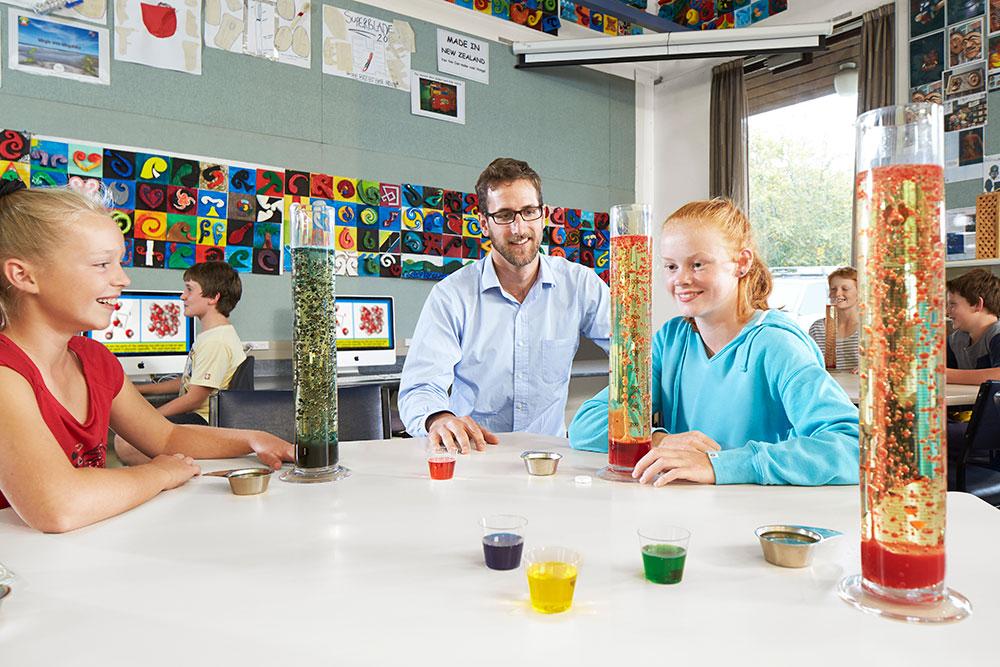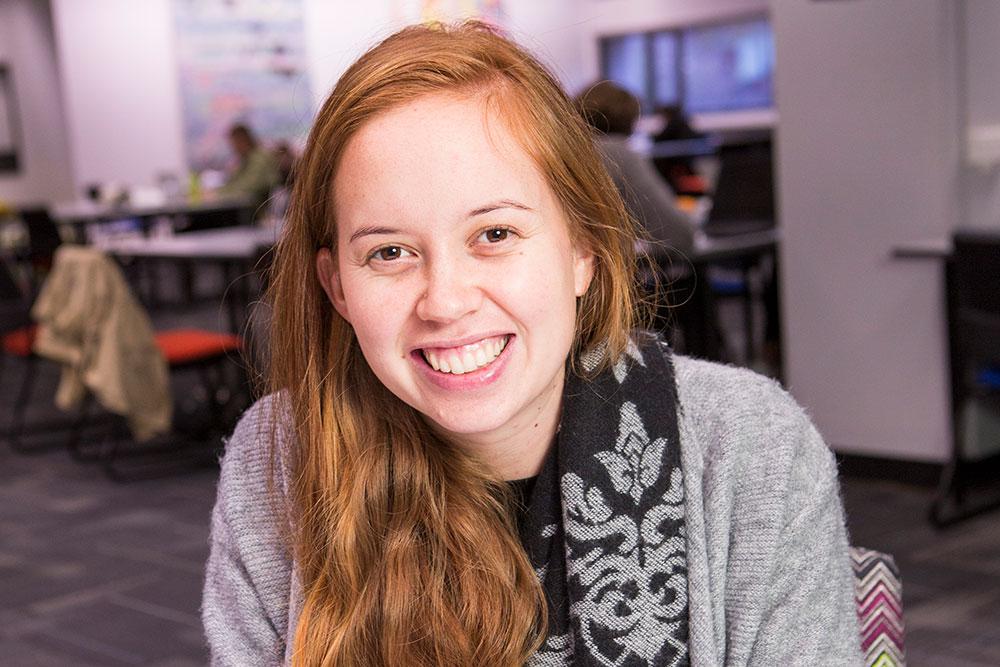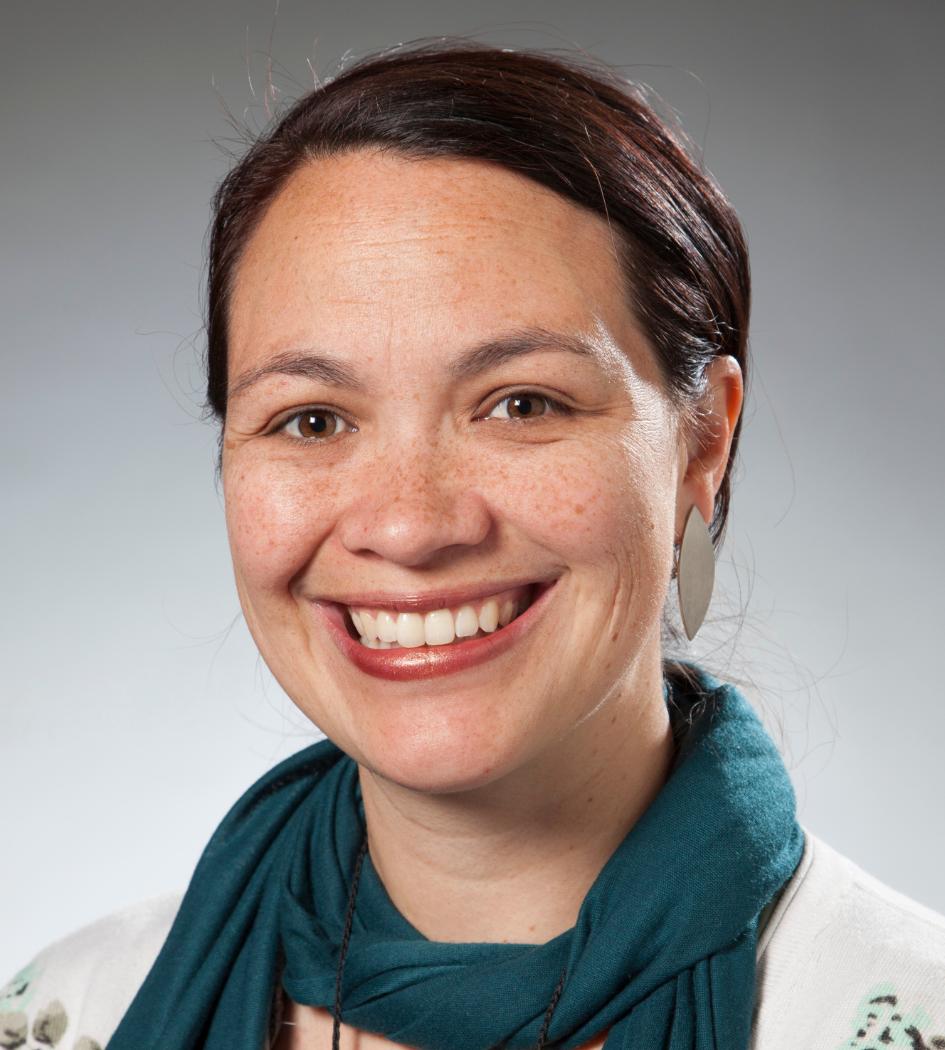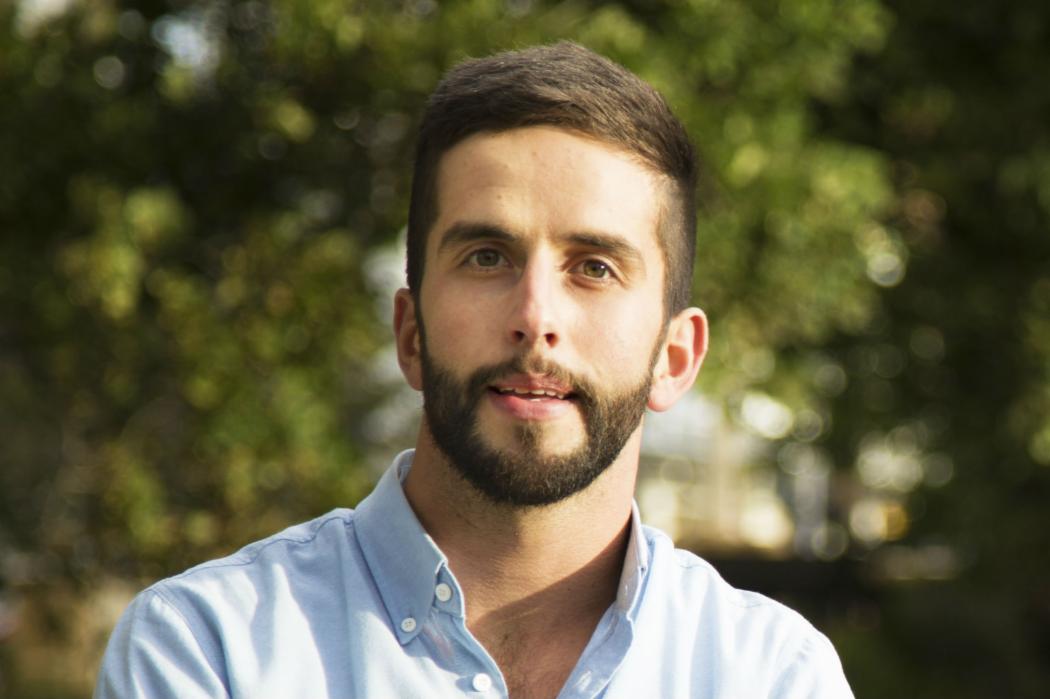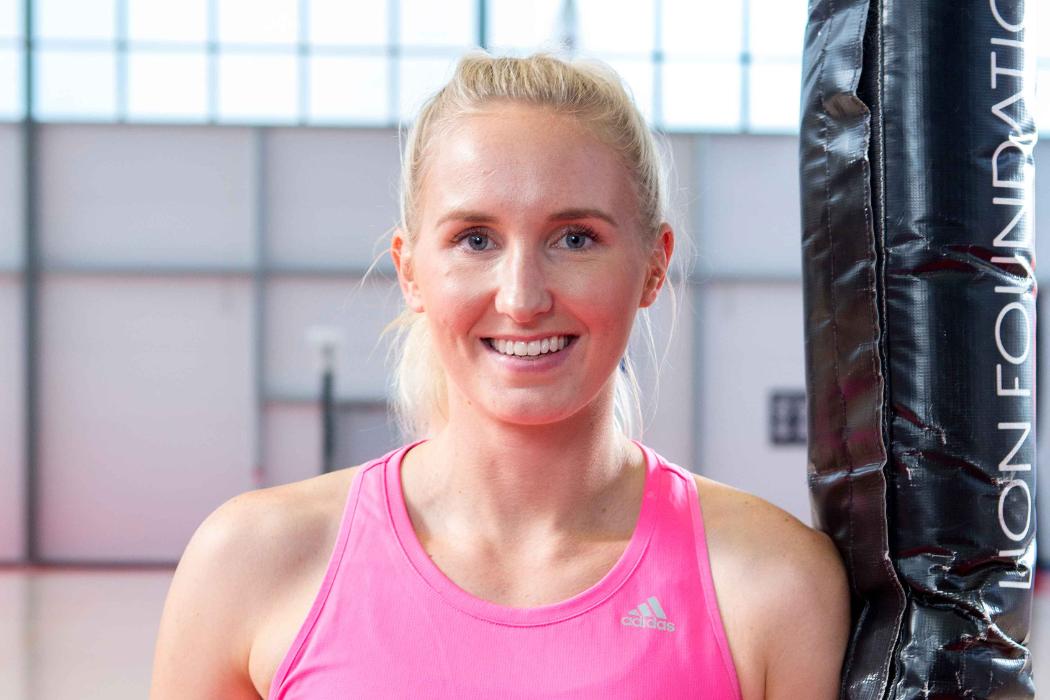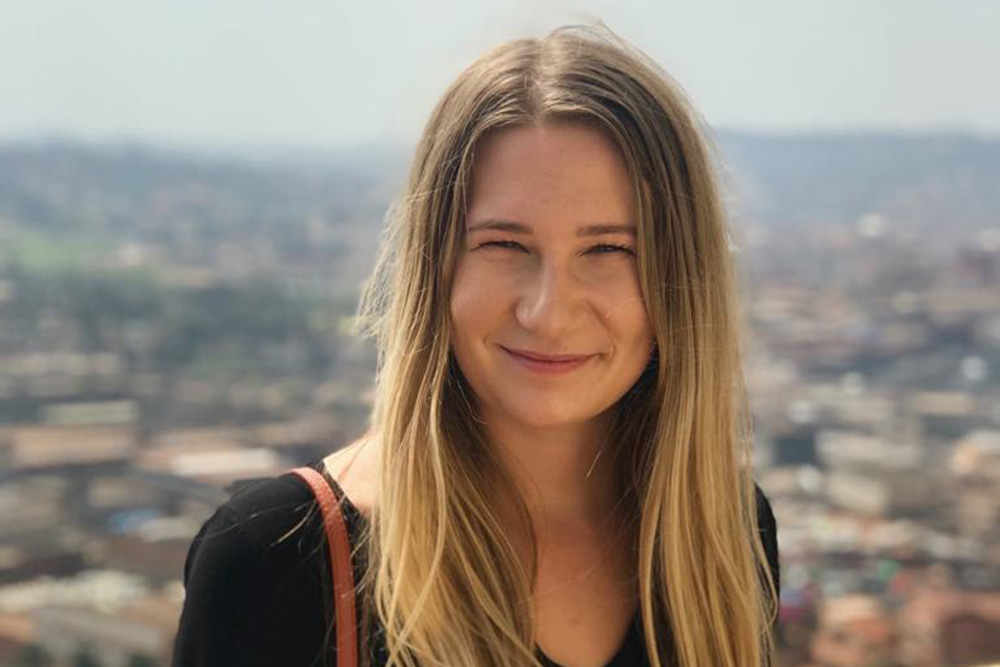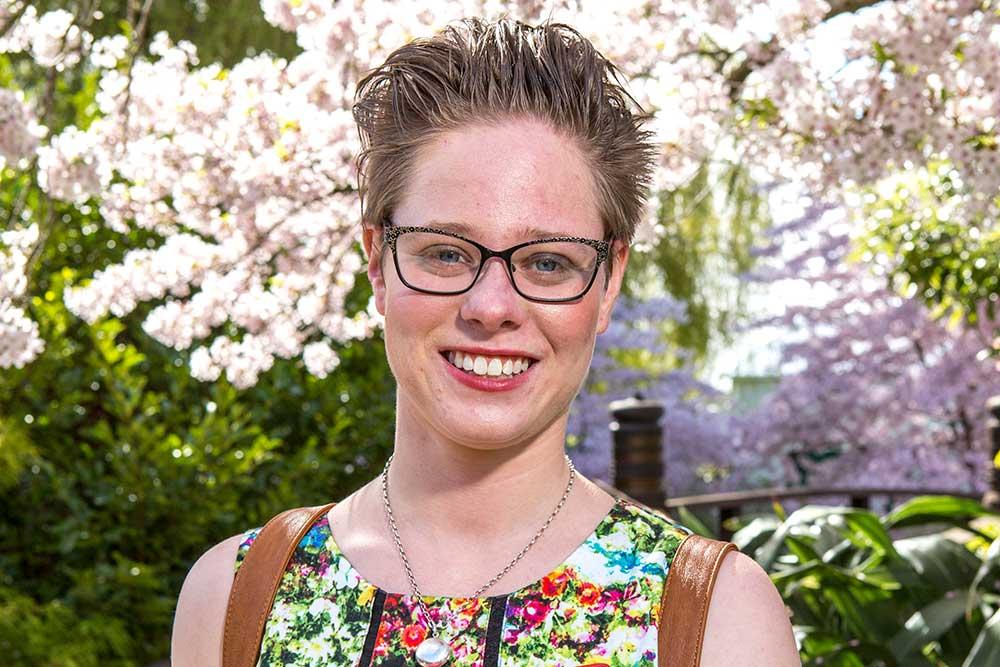Teacher Education
Introduction
Teaching is a varied and rewarding career for people who are energetic, creative, and committed to making a difference for children and young people.
Develop your own teaching style with studies in education and learning theories, classroom placements, interactive workshops, and mentoring from practising teachers in Aotearoa.

